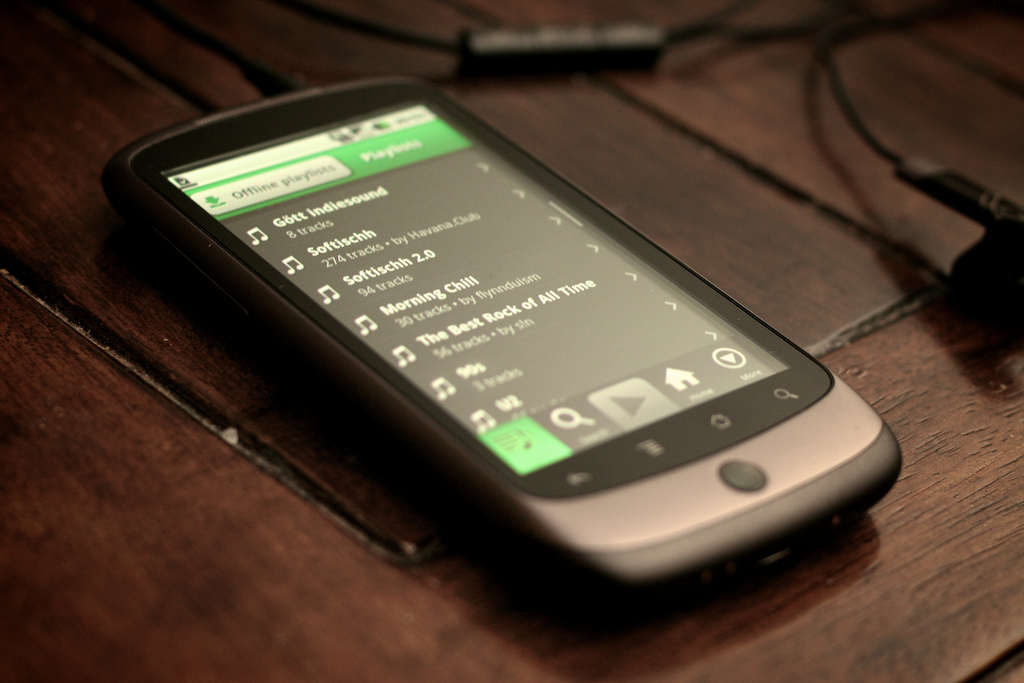Introduction
We live our lives in the middle of things. Material culture carries emotions and ideas of startling intensity. Yet only recently have objects begun to receive the attention they deserve.
The acknowledgment of the power of objects has not come easy. Behind the reticence to examine objects as centerpieces of emotional life was perhaps the sense that one was studying materialism, disparaged as excess, or collecting, disparaged as hobbyism, or fetishism, disparaged as perversion. (Turkle, 2007, p. 6)
Over the years, Sherry Turkle has both defended the Internet for its impact upon our sense of identity and accused Internet-enabled cell phones of negatively influencing the lives of young people. Her recent arguments against cell phones have attracted sympathy, yet they compete for our attention with claims that cell phones also help students learn. Further, her arguments against cell phones, most notably in Alone Together: Why We Expect More from Technology and Less from Each Other (2012) conflict with claims from educators and research groups who suggest cell phones promote unique literacies and help students gain access to knowledge.  While there is certainly no easy resolution to these different claims, this webtext presents cell phones as agents that can hold a great deal of influence in our everyday activities and literacies. In order to get closer to how these powers function in an educational context, this project explores cell phones through an explanation of a student video project and an actor-network/new materialist analysis of that video.
While there is certainly no easy resolution to these different claims, this webtext presents cell phones as agents that can hold a great deal of influence in our everyday activities and literacies. In order to get closer to how these powers function in an educational context, this project explores cell phones through an explanation of a student video project and an actor-network/new materialist analysis of that video.
